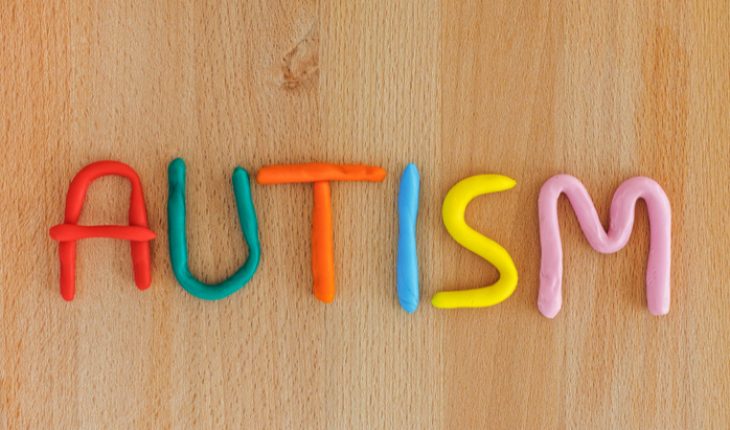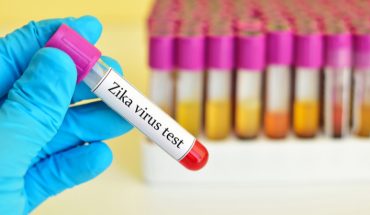Lorraine MacAlister is an autism training consultant and will co-chair the upcoming Autism and Mental Health Conference on the 12th September 2018. As the Author of the NAS Teen Life parent programme, this conference links in with many of the potential challenges that teenagers on the autism spectrum may face.
This annual conference is a great opportunity for professionals who work in the field of autism and related conditions to get together and find out latest news, share opinions and listen to expert speakers. Our conferences provide a crucial platform for greater collaboration, helping professionals to share information and best practice. Our goal is to also promote networking and partnership opportunities amongst our delegates and exhibitors.
Delegates attending our conferences include practitioners working with children and adults on the autism spectrum, clinicians, autistic adults and parents or carers of children on the autism spectrum. Throughout the course of the day, we will be running sessions covering a wide range of topics from self-harming and autism to how late diagnosis can impact on school attendance and even lead to early exclusion. There will also be workshops where delegates will be able to participate focusing on the challenges faced by people on the autism spectrum and ways to improve understanding and support for children and adults.
One of the big talking points this year will be the challenge of identifying autistic girls and women, with Dr Judy Eaton speaking on this topic. It is often said that the differences autistic girls experience are of a more subtle presentation, or may appear so to others. Some autistic women and girls feel that they are masking their autism to try to hide the fact that they feel different. They may copy behaviour from others around them, and can be exhausted by the constant effort to appear similar to other people, or might be unaware they are ‘masking’ in the first place. It is now recognised from research, clinical practice and anecdotal reports that many undiagnosed autistic females, or those who demonstrate the less traditionally obvious traits of autism, are not recognised. The challenge for many autistic women has been spending years not understanding why they are finding things difficult, and has often included a history of misdiagnosis and potential problems.
At the end of the conference, we encourage people to continue the debate in person and also through our online community of practice, Network Autism. It is free to join and there is a vast amount of content on there that you can access. Network Autism can be accessed at www.networkautism.org.uk
- Gut microbiome could delay onset of type 1 diabetes - 3rd April 2025
- The da Vinci 5 Robot Is Set To Transform Bariatric Care: - 31st March 2025
- Beyond money: the hidden drivers fuelling child food insecurity - 31st March 2025






